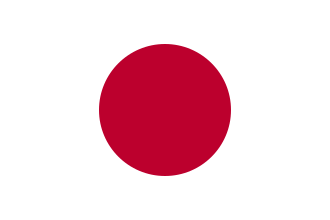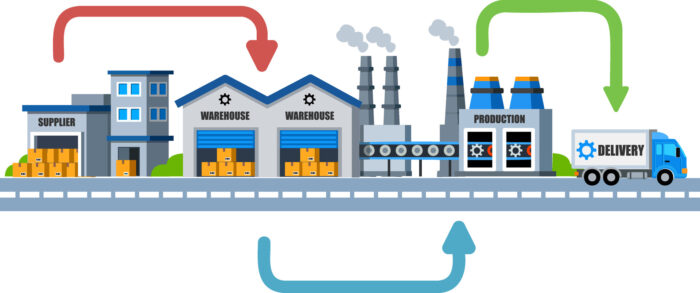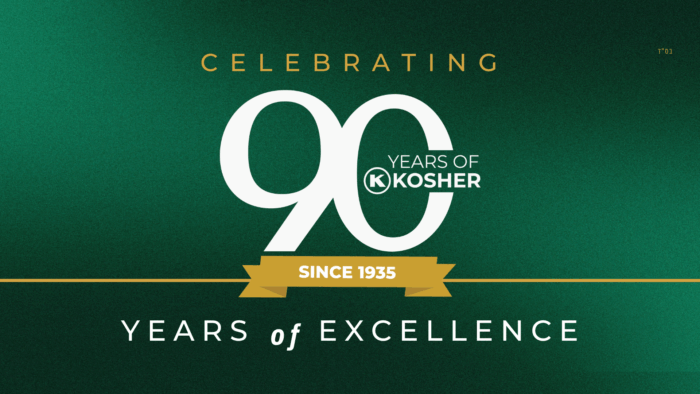
Not long ago, a client shared this with us:
“We’ve had kosher certification for several years, but it hasn’t really come up with customers recently. Honestly, we’re starting to wonder if it’s worth the cost.”
It’s a fair question. Kosher certification requires time, oversight, and ongoing fees. When customers aren’t actively asking about it, it can feel like an expense with little visible return.
This blog isn’t for companies just exploring kosher for the first time. It’s for those who already understand the difference between being certified by OK Kosher and just being “certified.” You’ve made the choice to work with one of the most respected agencies, and now you’re asking a different kind of question: Is it still worth it?
We think the answer is yes, if you understand kosher certification not just as a label, but as a strategic business tool.
Keeping your kosher certification is a clear and powerful way of saying:
“We care about quality. We follow rigorous standards. We’re ready for what’s next.”
- Kosher signals quality, transparency, and trust.
Kosher is no longer seen solely as a religious designation. Around the world, the kosher symbol has become a recognized mark of quality. It reflects strict ingredient control, cleanliness, documentation, and traceability.
Even customers who don’t keep kosher—whether consumers, retailers, or manufacturers—often view certification as a mark of reliability. Across many industries, kosher acts as shorthand for “safe,” “clean,” and “accountable.” It tells buyers that your processes are independently verified and monitored, which resonates far beyond religious needs.
Kosher certification also aligns with broader consumer trends: allergen-conscious manufacturing, clean labels, plant-based diets, and ingredient transparency. In many categories, kosher adds another layer of trust that today’s buyers value.
- It’s easier to maintain than to restart.
Pausing your kosher program might save a little now—but restarting later can be far more costly and disruptive.
We’ve seen companies drop certification to cut costs—only to lose out on a major opportunity months later. The scramble to reinstate it involved delays, new inspections, documentation reviews, labeling changes, and even ingredient reapprovals.
Staying certified keeps your operation kosher ready. It’s a form of business continuity that saves time and hassle when it matters most.
- Be ready when opportunity knocks.
Just because no one is asking today doesn’t mean they won’t tomorrow. A new client, distributor, or large retail chain may come along and require kosher certification as a condition of doing business. In sectors like ingredients, food manufacturing, and private label, this can be the difference between winning or losing a deal.
When you’re certified, you can say “yes” with confidence—while competitors may struggle to catch up. In fact, some buyers may not even reach out if you’re no longer certified.
- A strategic advantage in global markets.
Kosher isn’t just about serving kosher observant consumers, it’s a powerful tool for global positioning. From North America to parts of Europe, Asia, and Africa, kosher is seen as a marker of consistency and quality. Many international distributors prefer kosher certified suppliers, even in regions where kosher isn’t a requirement.
If your business is expanding internationally or courting private label partnerships, being kosher certified sends a strong signal: your brand is prepared, compliant, and easy to work with.
- Visibility matters: if you’re certified, let the world know.
If you’re investing in kosher certification as part of your growth strategy, ask yourself: are you making it visible?
Is it mentioned clearly on your website?
Do you highlight it at trade shows—on your booth, in materials, and in conversations?
If you have retail products, is the kosher symbol prominent on packaging?
Do your customer-facing teams know you’re certified and how to talk about it? (While this blog isn’t about choosing between kosher agencies, we’re writing for those who already know the value of being certified by OK Kosher—and your customer facing team should too.)
When you make your certification visible, it becomes part of your brand story. It signals pride in your process, commitment to quality, and readiness for serious business.
Before you decide…
Yes, there are cases where kosher certification may not be the right fit—every business is different. But more often than not, discontinuing certification stems from a lack of clarity about long-term goals.
If your aim is to build a brand known for trust, consistency, and high standards, then kosher certification is more than a technical checkbox—it’s a strategic signal. Just as you wouldn’t cut corners on raw materials or customer service, don’t underestimate the message you send by maintaining certification.


 EN
EN  ZH
ZH  KR
KR  BR
BR  ES
ES  IN
IN  IL
IL  JP
JP 



